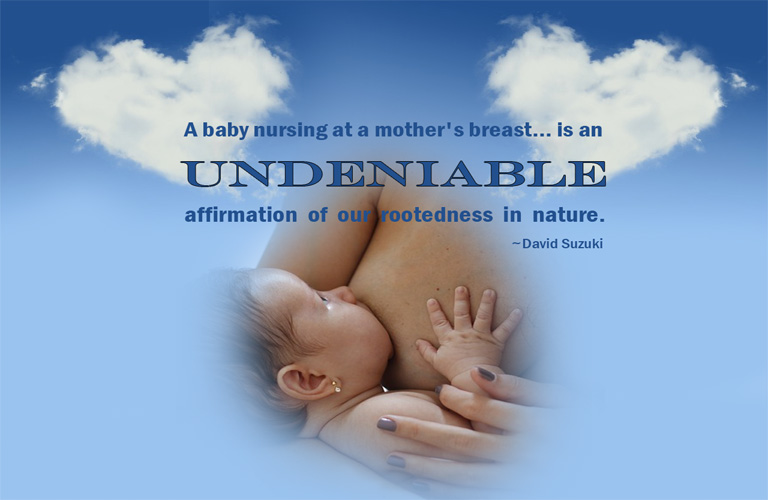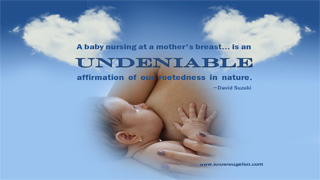Colostrum
Colostrum is the first milk produced by your breasts for a few days after your baby is born. Colostrum is very rich in proteins, minerals, vitamins, and the immunity factors to help keep your baby healthy and it actually works as a natural and 100% safe vaccine. Colostrum is usually thick and clear or yellowish in color, comes in small amounts, and it is exactly what your baby needs as his first milk. The concentration of immune factors is much higher in colostrum than in mature milk.
Breast-feeding is the healthiest way to nourish a newborn, and colostrum provides a foundation for every mammal's immune system, along with vital nutrients for tissue development, growth and energy. Mother's colostrum is undoubtedly good for a baby, it is full of antibodies and immunoglobulins, which not only help protect the newborn as he comes into our world of bacteria and viruses, but also has a laxative effect that helps him expel the tarry first stool called meconium. Colostrum also aids in the excretion of excess bilirubin and helps prevent jaundice.
After the first few days of feeding frequently from the breast, colostrum changes into larger amounts of milk that is white. The milk at the beginning of each feeding is called foremilk. Foremilk is generally lower in fat content, watery and sweet to satisfy your baby's thirst and fluid needs.
As the feed continues, foremilk gains fat content until it becomes hindmilk. Much whiter and richer looking, hindmilk is also richer in fat content and is high in calories which gives your baby a feeling of being full and satisfied. Hindmilk is more slowly digested and because of the high fat and calorie content this milk is important for your baby's health and continuing growth. It is very important to let your baby drain one breast before moving on to the other, to ensure that your baby receives all the benefits of both foremilk and hindmilk.






